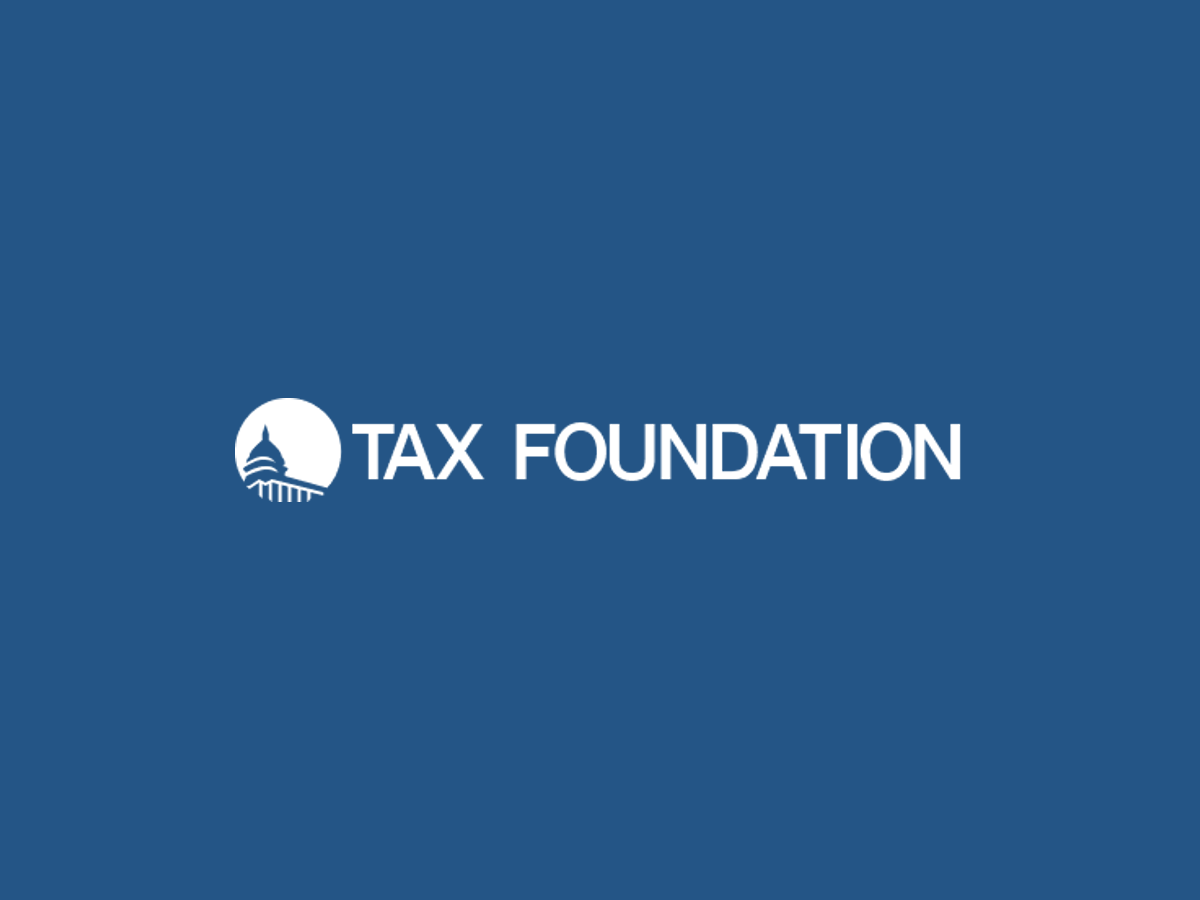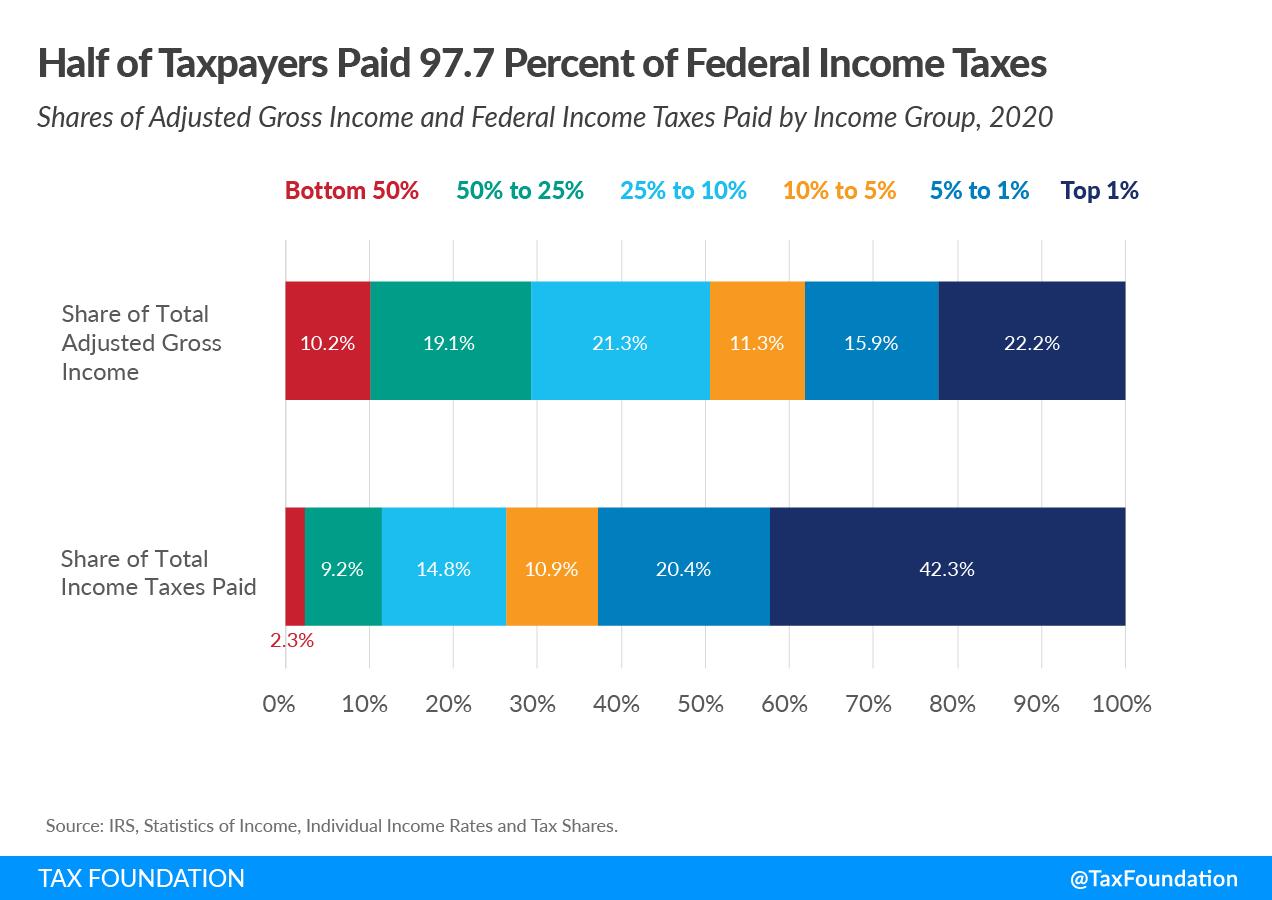Let some other country try it first.I agree. I don't think limitarianism has ever been tried.
Cuba, N Korea, England, or some other
place where the experiment won't harm us.
Welcome to Religious Forums, a friendly forum to discuss all religions in a friendly surrounding.
Your voice is missing! You will need to register to get access to the following site features:We hope to see you as a part of our community soon!
Let some other country try it first.I agree. I don't think limitarianism has ever been tried.
It is already illegal, obviously. What I am asking of you is the how. How would a strong institution reliably find out that it happened and successfully send them to jail?
Not income, but the amount of wealth the top 1% has been able to generate has risen more than all others due to todays economy, but that’s because technology has made it easier to create wealth.I think we have to get some facts straight. Do you agree that
- the income of higher brackets (1%, 10%) has risen more than all others?
- the wealth of higher brackets (1%, 10%) has risen more than all others?
Yes! Due to technology workers get more done, with less effort and much safer, with much more benefits than ever before- productivity has gone up
As it should! Why would you pay the guy using a nail gun 3 times the pay as the guy using the hammer for doing 3 times the work? Especially when it is the company supplying the nail gun? You don’t always base wages on productivity.- the income of the lower 50% has fallen compared to their productivity?
I don’t know about that; today we demand more than we ever did before so it takes more funds to have the lifestyle demanded today than 50 years ago.- the income of the lower 50% has less buying power
all over the last 50 years.
In 1960 the top 1% paid 13% of all income taxes, today the top 1% pays 43%. How much is paying enough income taxes in your view?If we agree that all that has happened, don't you agree that the top 1% (10%) don't pay enough income taxes?

Would you say that the same amount of unprosecuted bribery and corruption that you seem to be indicating exists in Brazil is equally present in Canada, Germany, France, Australia, Britain, and the US?
I personally do not know to what extend bribery and corruption play a role in all these countries other than my, perhaps naive, understanding of what occurs in the US. Outside of the influence of legal and permissible lobbying, we see politicians, from congressmen, senators, state governors on down, being caught now and again and prosecuted for violating anti-corruption and campaign laws. I don't have the sense that the American system is especially corrupt or influenced by overt bribery, but again, perhaps I am naive and simply unaware. Given the press freedoms here, however, if it was a serious problem in the US, I think it would have seeped into my awareness. I am happy to be corrected if my perception is in error.
Let some other country try it first.
Cuba, N Korea, England, or some other
place where the experiment won't harm us.
Nah.Ideally it should start with the USA.
Income also. It has been stagnating for the bottom 60% and increased by 250% for the top 5 %.Not income, but the amount of wealth the top 1% has been able to generate has risen more than all others due to todays economy, but that’s because technology has made it easier to create wealth.
If everyone paid a fair share, everyone should benefit from a booming economy. That is not the case in the US. When the top earners can multiply their income and the bottom half today has not more than their grandparents, something, somewhere went awfully wrong.Yes! Due to technology workers get more done, with less effort and much safer, with much more benefits than ever before
As it should! Why would you pay the guy using a nail gun 3 times the pay as the guy using the hammer for doing 3 times the work? Especially when it is the company supplying the nail gun? You don’t always base wages on productivity.
I don’t know about that; today we demand more than we ever did before so it takes more funds to have the lifestyle demanded today than 50 years ago.
In 1960 the top 1% paid 13% of all income taxes, today the top 1% pays 43%. How much is paying enough income taxes in your view?
Try the EU then.Actually, it is a likely failure if it doesn't start with either the US or the EU. And since the EU involves a lot of different countries, it would be more convenient to start with the US.
Considering how both lobbying and unlimited campaign contributions are lawful (Super PAC) in the USA, it entails that there is a legal form of bribery.
I don't know of any plans to implement limitarianism in the EU. And it is a less urgent matter here as we don't face the same wealth and income gaps as the US.Try the EU then.
Being a "likely failure", I'd rather
not experiment with more
economic authoritarianism here.
Which is why I advocate implementing reforms to address it, which you seem to be saying can't be done in a meaningful or effective way given your experience in Brazil.
I've always felt, although it might be unrealistic idealism, that the rich should be distributing their wealth via their own conscience, on their own volition, in wise philanthropy and charity. In some ancient monarchies, the king provided for his subjects. Lots of rich people are already doing that.Often gnawing at the back of my mind, especially when seeing the taxes avoided by the wealthy, what are your thoughts on this issue?

‘No one should have more than €10m’: the author of Limitarianism on why the super-rich need to level down radically
Prof Ingrid Robeyns has spent a decade studying wealth and ethics and says that limits are essential if we want to eradicate poverty and protect social cohesion and the planetwww.theguardian.com
This is a philosophy that appeals to me more than most, and which mostly has done all my life, given that apart from the iniquities of vast wealth differences, unearned power often comes with such wealth as well as the greater chance to escape justice or wield such power for dubious purposes, and of course the notion that some should be rewarded exponentially more than others - because they own or control a business - is just ludicrous, and why I would like to see more public ownership - certainly of essential services. But no doubt many will disagree.
Got my vote.
I think I have this book - Capital in the Twenty-First Century, by Thomas Piketty - but as usual, economics books are about as much top of my reading list as religious and political ones are.
Any interested in economics/politics and/or philosophy want to chime in?
Yup, because the source of the problem remains.
Yes, there does seem to be a trend recently as to 'the moral rich' actually giving away much of their wealth, and presumably because they can see the inequities of the wealth gap which has grown so much over the last several decades.I've always felt, although it might be unrealistic idealism, that the rich should be distributing their wealth via their own conscience, on their own volition, in wise philanthropy and charity. In some ancient monarchies, the king provided for his subjects. Lots of rich people are already doing that.
Yet, if corruption and bribery does not impact all countries equally or to the same extent, that should leave us asking why, don't you think?
One benefit for them is they have admirers. I like the term 'moral rich'. Edited to add list: List of philanthropists - WikipediaYes, there does seem to be a trend recently as to 'the moral rich' actually giving away much of their wealth, and presumably because they can see the inequities of the wealth gap which has grown so much over the last several decades.
There are multiple factors involved. I am not sure what that has to do with the topic at hand though.
Perhaps your disagreement is based on false information, because if we use your standard that the 1960 model was fair, that would mean today the rich are paying far too much and the poor need to start paying more. According to the Tax Foundation, the top 1% made up only 22% of income but paid 42% of taxes. The bottom 50% made up 10% of all income, but only paid 2% of all taxes.If everyone paid a fair share, everyone should benefit from a booming economy. That is not the case in the US. When the top earners can multiply their income and the bottom half today has not more than their grandparents, something, somewhere went awfully wrong.
When, in 1960, the top 1% had 10% of all income, and they paid 13% of the taxes, and we see that as fair share,
and today the top 1% have 60% of all income, they'd have to pay about 70% of income taxes to keep it equal.

You seem to be putting forth the idea bribery circumvents the ability to limit the influence of money on politics and that bribery cannot be mitigated through legal and political institutions. This claim is used to support your assertion that the only way to limit the effects of money on the political process is to ensure that no one has any money with which to influence politics.
I am challenging this notion that bribery cannot be mitigated in any way. If bribery is not equally present in all economic/political systems, can we identify reasons as to why it is less of a problem in some systems, and thereby identify means and methods that are effective in mitigating bribery and which then can be seen as foundational avenues to pursue further improvement?
